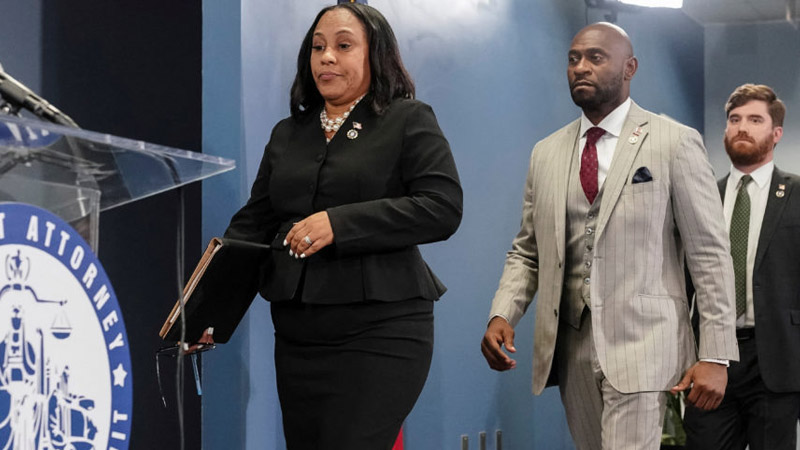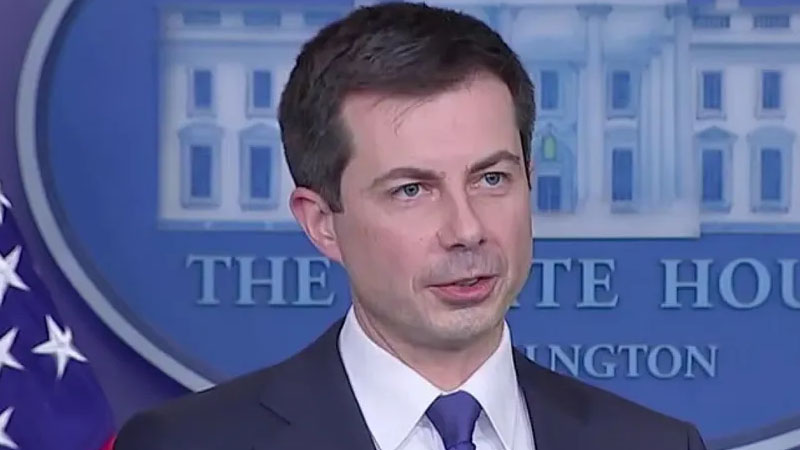Nathan Wade Steps Down as Prosecutor in Trump’s Georgia Case Following Judicial Ruling

(Elijah Nouvelage/Reuters)
Nathan Wade, serving as a special prosecutor within the Fulton County District Attorney’s Office, recently announced his resignation, a move that followed a pivotal judicial decision. The ruling, delivered by Judge Scott McAfee, allowed District Attorney Fani Willis and her team to maintain their role in overseeing the prosecution of a case tied to the 2020 elections.
This case, which involves former President Donald Trump and several associates, centers on charges of racketeering linked to allegations of attempting to overturn Georgia’s election results, reported by HuffPost. Wade, in his communication to the court, expressed his decision to resign as rooted in a commitment to democracy and the expedited progression of the case, despite the court’s finding that the defendants had not substantiated claims of a genuine conflict of interest on the part of the District Attorney’s team.
He reflected on his tenure with a sense of pride for the investigative and litigation strides made, emphasizing the honor he felt in contributing to the preservation of law and democracy in service to both Georgia and the nation at large.
The resignation was acknowledged by District Attorney Fani Willis, who, in her response, praised Wade for his grace and professionalism. Highlighting the significant public interest attached to the case, Willis commended Wade’s bravery in accepting the role amid potential concerns for personal safety, a factor that deterred other candidates, , according to CBS News.
This unfolding comes in the wake of Judge McAfee’s verdict, which was partially instigated by a disqualification request from Michael Roman, a co-defendant linked to Trump and a known GOP operative. Roman had raised allegations of a romantic entanglement between Willis and Wade, suggesting that this relationship could have improperly influenced proceedings.
While Willis did confirm her relationship with Wade, she firmly rejected the notion that it predated his hiring in November 2021 or that it in any way compromised the integrity of their professional conduct. Judge McAfee, in his ruling, clarified that the evidence presented did not substantiate claims of Willis gaining materially from her association with Wade or that such gains influenced the decision to indict and prosecute the case. Both Willis and Wade took to the stand, offering their testimonies to counter the allegations of misconduct.
This sequence of events not only underscores the complexities inherent in high-stakes legal battles but also reflects the intricate balance between personal integrity and public accountability, especially in cases that draw significant national attention and bear profound democratic implications.


